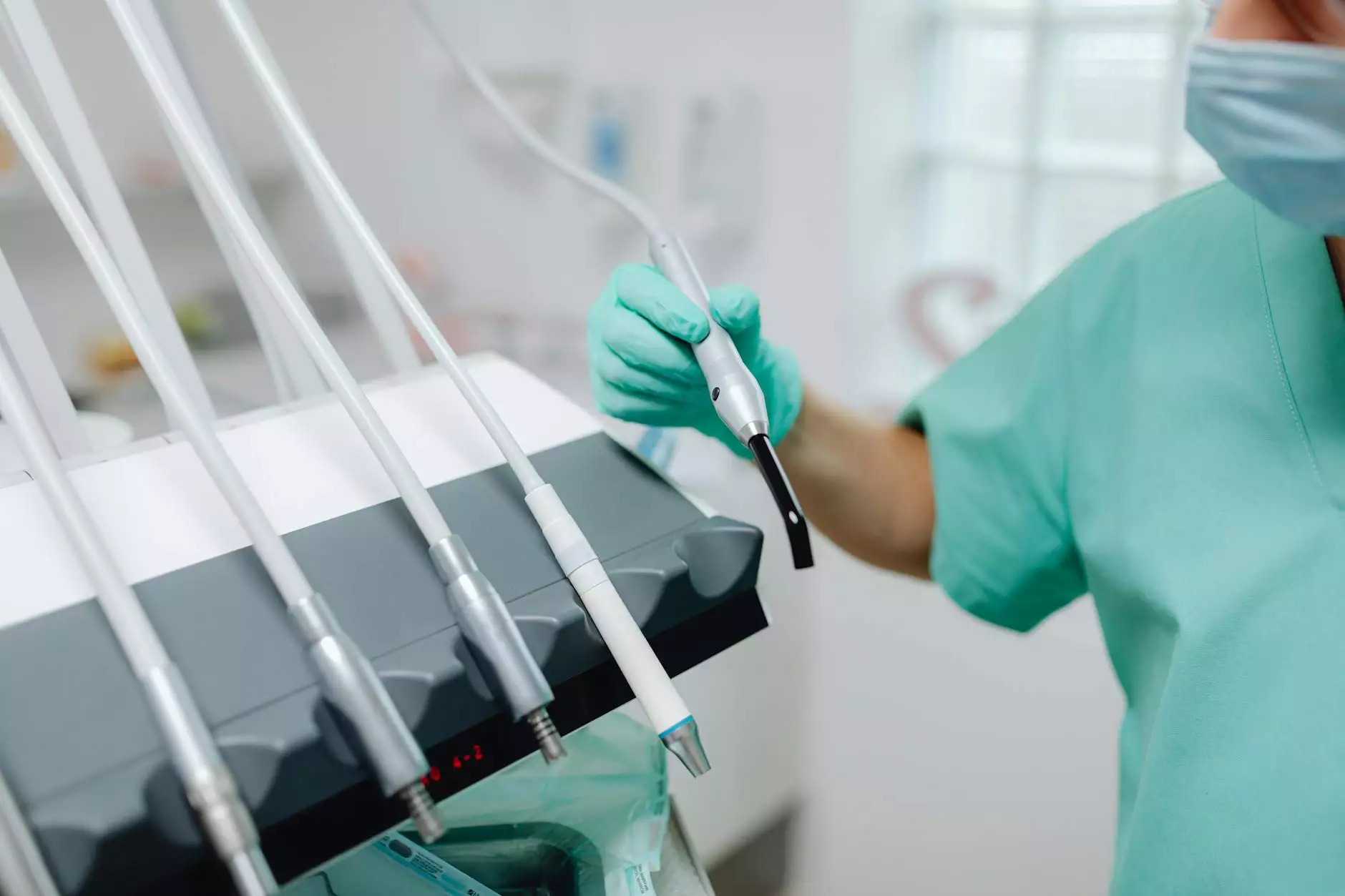The Importance of Medical Instruments in Modern Healthcare

In today's healthcare landscape, medical instruments play a pivotal role in ensuring accurate diagnoses, effective treatments, and overall patient safety. From the examination room to the operating theater, these tools are indispensable for healthcare professionals. As we delve deeper into this article, we will explore the various types of medical instruments, their functions, advancements in technology, and their future in medical practice.
1. What are Medical Instruments?
Medical instruments refer to a wide range of tools and devices used for medical purposes. They are essential for the diagnosis, monitoring, and treatment of patients. These instruments can be simple, such as a stethoscope, or highly complex, like surgical robots. Understanding their importance is crucial for anyone involved in the health and medical field.
2. Types of Medical Instruments
Medical instruments can be broadly categorized into several types, each serving unique purposes within the healthcare system:
2.1 Diagnostic Instruments
- Stethoscopes: Used to listen to internal sounds of a patient's body.
- Ultrasound Machines: Utilize sound waves to produce images of internal organs.
- X-ray Machines: Help visualize the inside of the body using radiation.
- Blood Pressure Monitors: Measure the force of blood against the walls of arteries.
2.2 Surgical Instruments
- Scalpels: Surgical knives used for cutting tissues.
- Forceps: Tweezer-like tools for grasping and holding tissues.
- Scissors: Used for cutting tissues and sutures.
- Surgical Drills: Employed to prepare bone for screws or other implants.
2.3 Monitoring Devices
- ECG Machines: Monitor the electrical activity of the heart.
- Pulse Oximeters: Measure oxygen saturation levels in the blood.
- Infusion Pumps: Deliver fluids, medications, or nutrients to patients.
2.4 Therapeutic Instruments
- Laser Therapy Devices: Used in a variety of treatments, including dermatology.
- Physiotherapy Equipment: Helps rehabilitate patients after injuries.
3. The Role of Medical Instruments in Patient Care
Medical instruments are vital for a variety of functions in patient care:
3.1 Accurate Diagnosis
Diagnostic instruments allow healthcare providers to make informed decisions regarding a patient's condition. For instance, an ultrasound machine can reveal important information about the structure of organs, guiding treatment plans.
3.2 Effective Treatment
Surgical instruments are crucial during operations. The precision and reliability of these instruments can significantly affect surgical outcomes and recovery times. For example, the use of advanced surgical robots has revolutionized minimally invasive surgeries, leading to quicker recovery.
3.3 Continuous Monitoring
Monitoring devices ensure that patient vital signs are tracked accurately, enabling timely interventions if abnormalities arise. In emergency situations, ECG machines can be the difference between life and death.
4. Advancements in Medical Instrument Technology
The field of medical instruments is ever-evolving, thanks to continuous advancements in technology. These developments are not only enhancing the efficacy of existing instruments but also introducing innovative solutions to meet healthcare challenges.
4.1 Integration of Artificial Intelligence
Artificial Intelligence (AI) is transforming the way medical instruments operate. With AI enhancing diagnostic tools, healthcare providers can achieve faster and more accurate diagnostics. For example, AI algorithms can analyze imaging results to help identify potential health issues.
4.2 Minimally Invasive Techniques
Advancements such as laparoscopic surgery allow surgeries to be performed with minimal incisions. Instruments are smaller yet highly functional, leading to shorter recovery times and reduced risk of infection.
4.3 3D Printing Technology
3D printing is making waves in the production of medical instruments. Customized implants and prosthetics can be created to fit individual patients perfectly, enhancing outcomes and comfort.
5. The Future of Medical Instruments
As we look to the future, the potential of medical instruments is limitless. Emerging technologies continue to reshape the landscape of healthcare, improving patient outcomes and transforming the way we deliver care.
5.1 Remote Patient Monitoring
The rise of telemedicine and remote patient monitoring devices means that patients can receive care from the comfort of their homes. Devices capable of transmitting data on vital signs can alert healthcare providers to potential issues without physical appointments.
5.2 Enhanced Sterilization Processes
In response to global health challenges, enhanced sterilization techniques for instruments are becoming critical. Innovations in sterilization technology ensure that medical instruments are free from contaminants, making healthcare safer.
6. Conclusion
In summary, medical instruments are the backbone of our healthcare system, enabling accurate diagnosis, effective treatment, and continuous patient monitoring. As technology advances, these instruments will continue to evolve, improving healthcare delivery and outcomes worldwide.
For healthcare professionals seeking reliable and advanced medical instruments, visit grey-medical.com to explore a comprehensive range of products designed to support the ever-changing landscape of modern medicine. Together, we can ensure that healthcare services remain effective, safe, and accessible to all.









